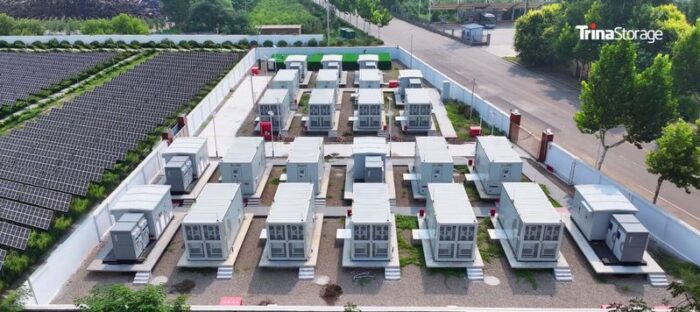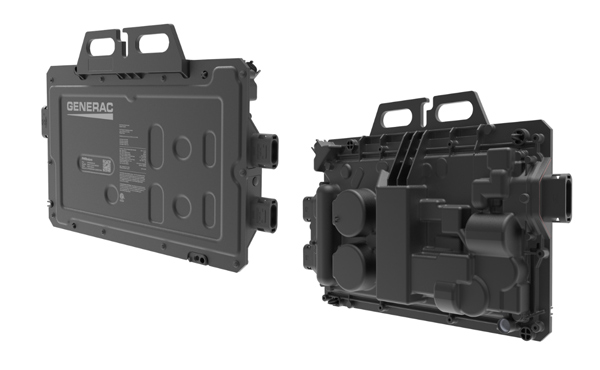Trina Storage publishes real-world performance data of Elementa Series BESS

Trina Storage has released independently verified operational data from a 150MW utility-scale agrivoltaic + storage project. Performance evaluation was conducted by UL Solutions and the China Quality Certification Center (CQC), two globally recognized third-party authorities. The project, part of a solar + storage hybrid renewable energy installation, has been in continuous operation for over a year.
“Over the course of more than a year, UL Solutions conducted a rigorous evaluation of the Feicheng project based on strict performance standards,” said Chen Chi, product manager in the Energy and Industrial Automation group at UL Solutions. “The system has consistently shown optimal efficiency and cycle life, and low auxiliary power consumption throughout the monitoring period. These outcomes indicate a solid level of technical integration and reliable performance under real-world conditions.”
Trina Storage’s Elementa Series at a glance
The project is powered by Trina Storage’s Elementa Series, a flexible energy storage solution built with Trina Storage’s proprietary in-house battery cells. Key system features include a smart thermal management system, which keeps cell temperature variation within 3°C, and auxiliary power consumption as low as 1.8%. Together, these capabilities reduce energy loss by approximately 30% compared to conventional systems and contribute an estimated 200,000 kWh of additional electricity annually, boosting overall output and returns.
Elementa Series performance
Results show the Trina Solar Elementa Series system consistently achieved 95.2% DC-side efficiency and 87.1% system-level round-trip efficiency, placing it among the most efficient large-scale energy storage systems currently in operation.
After more than a year in operation, the system retains 98% of usable capacity, indicating minimal degradation and strong cycle performance. This long-term reliability supports a 15–20% reduction in Levelized Cost of Storage (LCOS) compared to industry averages, enhancing project bankability.
“We’re proud to see our technology delivering real value under field conditions,” said Shawn Deng, Head of Global Product & System Integration at Trina Storage. “From Cell-to-AC capability to third-party validation, our goal is to build trust through performance. We’ll continue working with global partners to test next-generation systems in diverse environments and provide transparent, data-driven benchmarks for the industry.”





Comments are closed here.